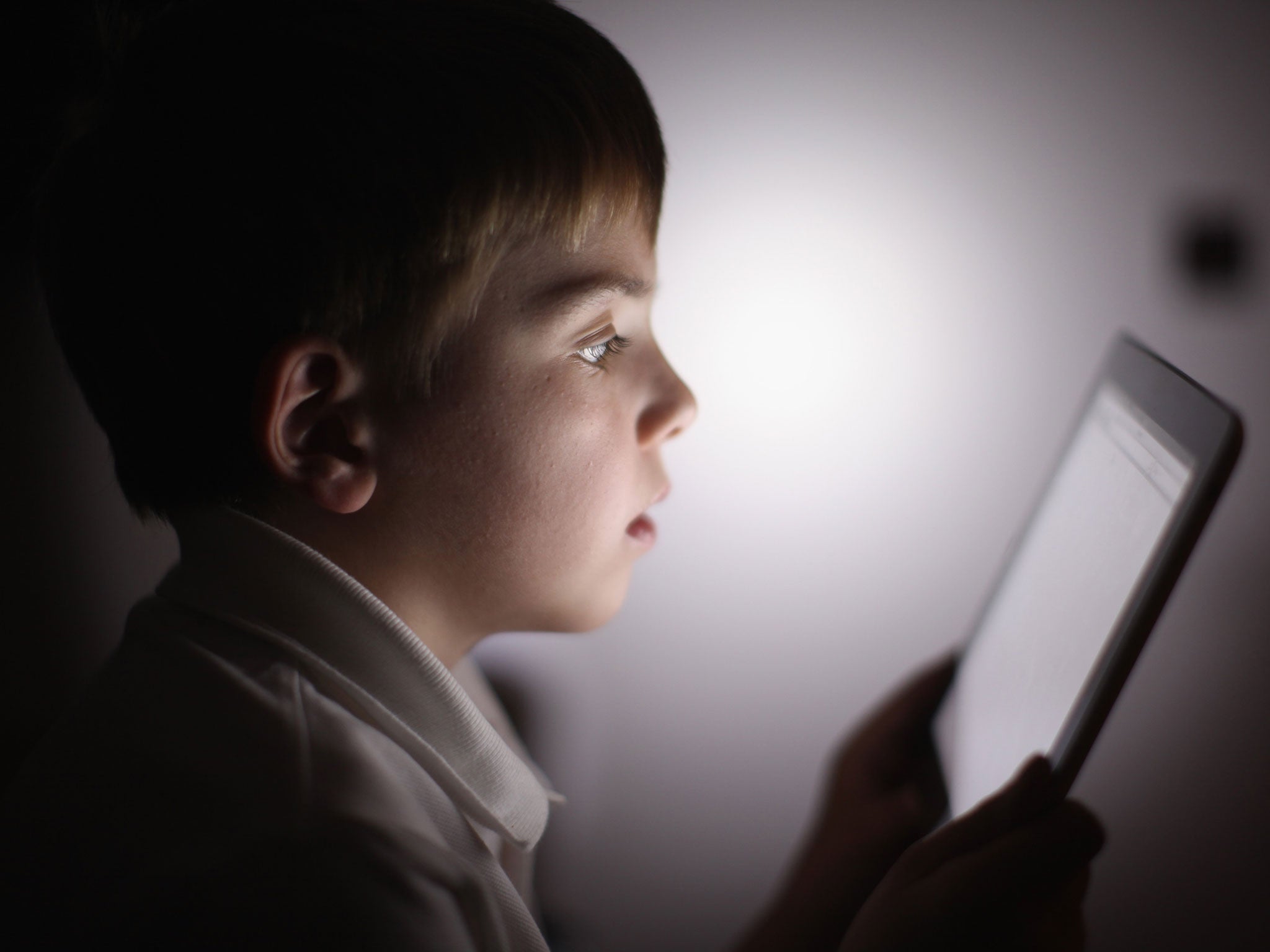Smartphones and tablets help poor children to read, study finds
Researchers found that pre-school children who used touch screens to read stories were less likely to fall behind their wealthier counterparts at school

Smartphones and tablet computers encourage poor pre-school children to read, a study has shown.
Children who have access to the technology were more likely to be reading at the level expected for their age group, researchers found.
The study by the National Literacy Trust (NLT) and education firm Pearson suggests that young children benefit from interacting with both physical books and technology with touch-screen capabilities, rather than just print books.
The findings were based on a poll of 1,000 parents with children aged between three and five-years-old.
Researchers found that children from disadvantaged backgrounds were less likely to have access to touch screens in comparison with their wealthier peers.
But when poorer pre-schoolers did use touch screens, they were twice as likely to look at stories on a daily basis using the technology than those from more privileged homes.
Children were also more likely to enjoy reading if they used both books and a touch screens than reading books alone.
The study added that poorer children who used both books and touch screens to look at stories are likely to perform above the expected standard for their age than if they only look at books.
It concluded that overall, children are still more likely to read using a physical book, with almost one hundred per cent of those asked saying they looked at print-based stories on a typical week.
The study also looked at the reading habits of parents and found that the a child's parents enjoyed reading, the more they their child enjoyed the activity.
Almost half of the parents questioned said they read print on a daily basis, while a similar proportion read on a touch screen daily.
“The more often parents read either print or using a touch screen, the more likely children are to look at or read print-based stories," the study found.
It added: "The majority of parents think they are very good readers and the more skilled parents say they are at reading, the better their children's communication and language outcomes at age five.”
NLT director Jonathan Douglas, said: "Technology is playing an increasingly crucial role in all our lives and the ways in which children are learning are changing fast. It is important that we keep abreast of these changes and their impact on children's education.
"When parents read with their children, whatever the medium, they increase their child's enjoyment of reading which brings life-long benefits. Both practitioners and parents have a vital role to play in supporting children to read from an early age whether they use books or a touch screen."
Additional reporting by PA
Join our commenting forum
Join thought-provoking conversations, follow other Independent readers and see their replies
Comments
Bookmark popover
Removed from bookmarks